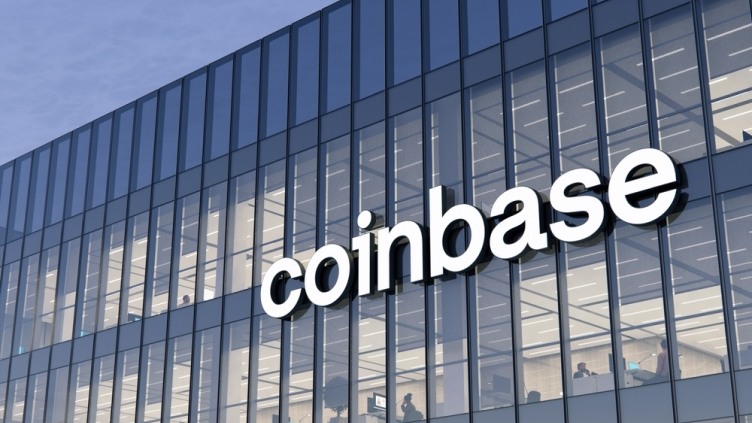Hook: A Legal Showdown Over Election Betting Could Change How We See U.S. Elections Forever
Have you ever thought about betting on who would win an election? Well, there’s a big fight going on in the U.S. courts over whether that’s even allowed. It all revolves around a company called Kalshi and the government agency that regulates futures markets, the Commodity Futures Trading Commission (CFTC). The stakes? A debate about whether betting on elections is a harmless activity or a threat to democracy itself.
Here’s what’s happening:
Kalshi is a company that allows people to place bets on various outcomes—like who will win the U.S. presidential election. But in November 2023, the CFTC stepped in and said, “Hold on, you can’t do that.” They argued that letting people bet on elections could harm the public interest, comparing it to gambling and claiming it could mess with the integrity of the election.
Why? Well, the CFTC said that allowing bets on elections could create a “monetary incentive” to vote a certain way or even encourage the spread of misinformation. Imagine if people start betting large sums of money on a candidate, and then use that to manipulate the election. That’s the kind of risk the CFTC is worried about.
Kalshi, of course, didn’t take this lying down. They sued the CFTC, and in September 2024, a judge said the CFTC had “overstepped its authority”. The court ruled that the contracts offered by Kalshi weren’t illegal and didn’t involve “gaming” or gambling. The judge said, “Elections aren’t games for stakes, and this isn’t unlawful.” Kalshi then got the green light to offer bets on the upcoming U.S. presidential election.
But the CFTC wasn’t happy with that decision. They appealed, arguing that the district court judge misunderstood the law and terms like “gaming” and “transactions”. They’re pushing for the original decision to be reversed, saying betting on elections could damage “election integrity” and lead to fraudulent or abusive practices.
So why is this important to you?
- Election Integrity: This case touches on something crucial: how much should we protect elections from outside influences like betting? If people can bet on elections, does that make the system less trustworthy? The CFTC thinks so, but Kalshi argues it’s harmless.
- Market Influence: This fight is also about the role of the CFTC in regulating futures markets. Should they have the power to stop new types of contracts like election bets? The court said no, but the CFTC believes it’s their job to protect the public from these risky contracts.
- Understanding the Law: Key terms like “gaming” and “transactions” are at the heart of this battle. The outcome of this case will shape how the law is interpreted for years to come. It shows the power of legal language and how different interpretations can change what’s allowed in the financial world.
Key terms to remember:
- CFTC: The government body that regulates futures markets and is involved in this legal battle.
- Kalshi: The company that wants to allow betting on elections.
- Gaming vs. Gambling: A big part of the debate—are election bets just another form of gambling, or are they something else?
- Election Integrity: How secure and trustworthy elections are, and whether betting on them could compromise this.
The case is ongoing, and the outcome could have major implications for how we see elections and the role of financial markets in shaping public perception. This isn’t just about a single company—it’s about protecting democracy and making sure we understand where the line is between free markets and potential harm.
Why This Builds Your Knowledge:
Understanding cases like this gives you insight into how laws affect markets and how governments balance innovation with protection. Knowing the limits of regulation and why certain activities are restricted can help you navigate the world of finance, trading, and even politics with a sharper mind. This case also shows how complicated legal battles can shape the future of industries you might want to be involved in.



